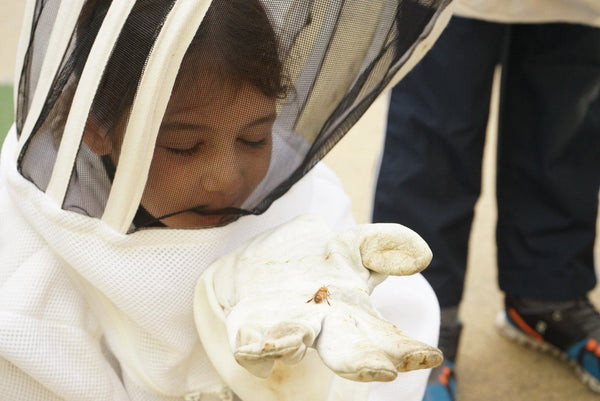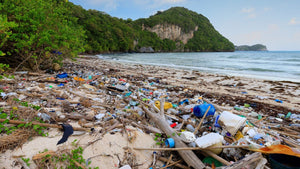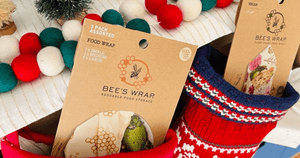Let's end plastic pollution

Plastic pollution is among the most dire environmental challenges of our time: It threatens to choke our oceans and contaminate our food and water. The facts and figures are sobering — and almost incomprehensible in scale.
A staggering 91 percent of plastic is never recycled, according to a report from National Geographic; half of all plastic produced becomes trash in less than a year. If present trends continue, Nat Geo reports, we'll see 12 billion metric tons of plastics in landfills by 2050 — an amount that's 35,000 times as heavy as the Empire State Building. Already, there is more microplastic in our oceans than there are stars in the Milky Way.

The first global survey of mass-produced plastics found that plastic pollution threatens a "near permanent contamination of the natural environment," and identifies packaging and the rise of single-use containers, wrapping, and bottles as responsible for driving the phenomenal growth in plastic production.
The effects are cropping up in our food, soil and water, and in remote corners of the world (like polluted Arctic beaches). Scientists estimate that we could have more plastic than fish, by weight, in the oceans by 2050 unless we radically rethink our relationship to this material.

Even amid dire news of plastic pollution, we're starting to see signs for hope. We're inspired by zero-waste activists championing new habits, and by cities and countries considering policies to stem the plastic tide. British scientists have noticed a decline in the number of plastic bags on the ocean floor that is correlated with fees for plastic bags at grocery stores. We have the power to change our relationship to this pervasive material. While plastics feel inescapable in our day-to-day lives, the truth is that this material is incredibly new to our planet. We can and should live differently.
Ending plastic pollution is a goal that motivates us in our work every day, and in our day-to-day lives as we try to cut out disposable, single-use plastics wherever we can. We hope that Bee's Wrap can help you make that shift, too, replacing plastic wrap and sandwich baggies with a natural alternative that's reusable and fully biodegradable.






